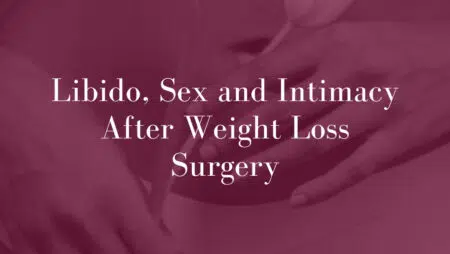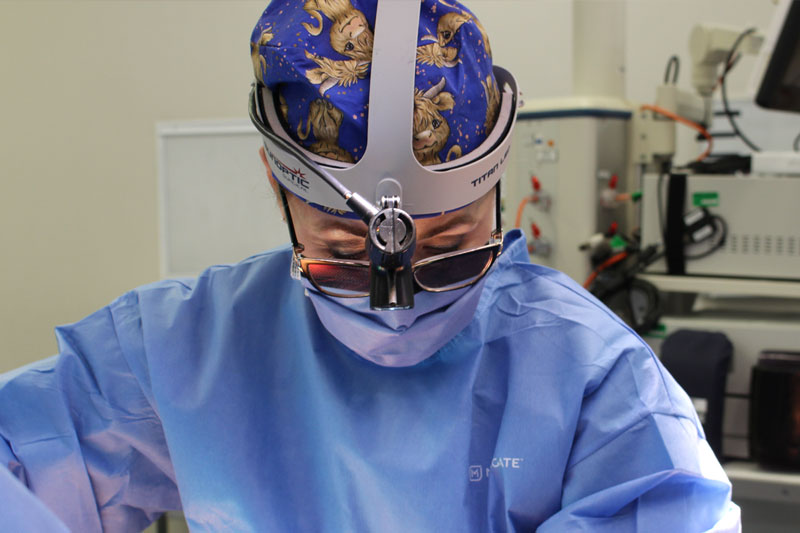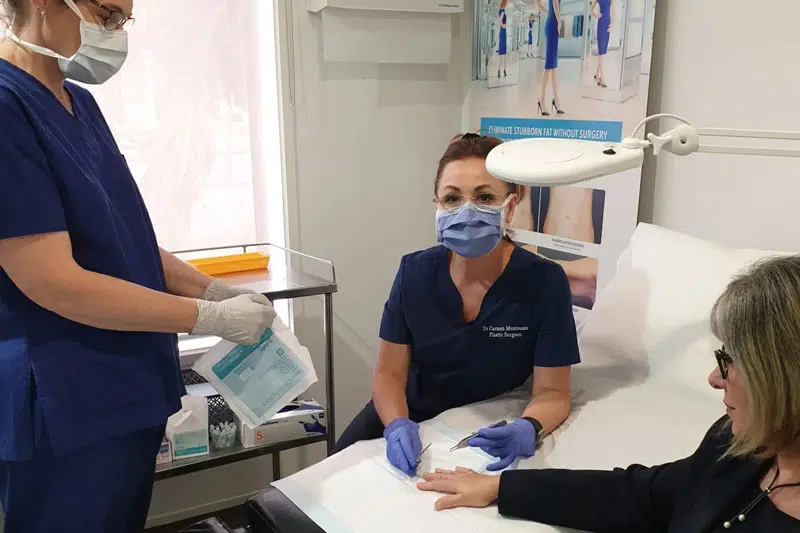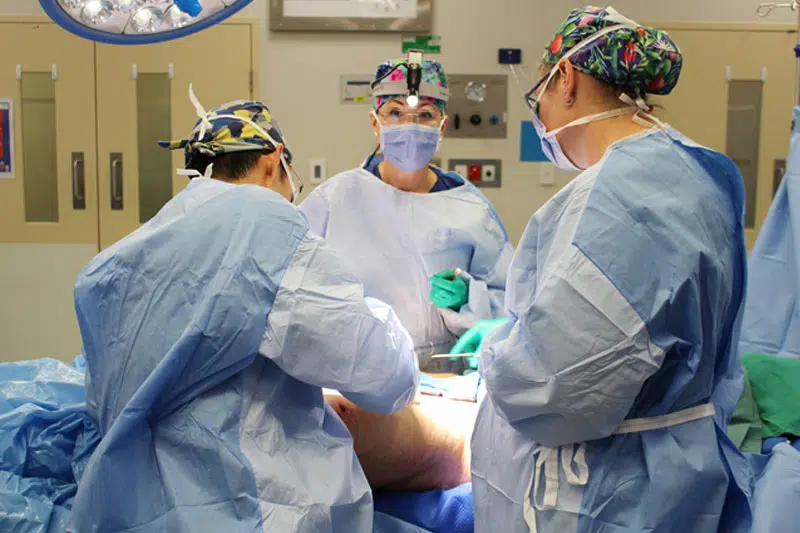Does your libido change after weight loss surgery?
Weight loss surgery is a big event. In addition to the loss of excess body fat, there are many changes that might occur in your life after bariatric procedures like a gastric sleeve. This article considers the impact of weight loss surgery on your libido, confidence & intimacy in your love life.
Lifestyle changes often occur – before and after weight loss. You are no longer living with obesity. Instead, you will be focusing on maintaining your results. As a result, you will be eating less food after bariatric surgery. You will also need to choose meals that are richer in protein and lower in carbs.
Finally, you will also find you can exercise more, now than ever. As the weight comes off, you will feel freer and more inspired to get in shape! No matter what weight loss procedure you undertake, you will experience life changes. But what about your sex life?

What is Bariatric or Weight Loss Surgery?
Weight loss surgery is also known as bariatric weight loss surgery or bariatric surgery. These procedures are surgical methods to help you lose weight if you are living with extreme obesity that has been unchangeable with other weight loss efforts. Bariatric surgery is a serious procedure and is often the last resort when more traditional weight loss methods fail. It is also an option for you if you have serious health problems and cannot exercise safely.
What are the Different Types of Bariatric Weight Loss Surgery?
There are several different weight-loss surgical procedures. All weight-loss surgical procedures work to limit the amount of food you can hold in your stomach. And all surgical options come with surgical and post-surgical risks. You will need to discuss and evaluate all your options with your bariatric specialist. It is also important you understand what is required of you before and after your procedure.
Women: Sex and Intimacy After Surgery
Our hormones are intricately linked with many psychological and physical functions. As a result, hormone level changes can have significant impacts on your reproductive organs, your emotional wellbeing and libido. In women, obesity tends to produce an excess amount of the hormone estrogen. If a number of different hormones in your system are unbalanced, it can lead to many uncomfortable symptoms.
Fortunately, hormone levels often change and rebalance after significant weight loss. However, you will need to see an endocrinologist or bariatric specialist to help monitor your hormone levels as you lose weight, to ensure they remain stable at healthy, optimal levels. This is especially important if you are trying to conceive or are approaching menopause.
Further, weight loss surgery causes hormone levels to stabilise and causes estrogen to decrease which essentially lowers a women’s risk of breast cancer. Studies have also shown that a woman’s libido often increases after weight loss and after weight loss surgery.
Body Weight and Intimacy
Studies show that up to 70% of women report improvement in their sex lives after weight loss surgery. Further, 63% of women in the study had scored within a range to suggest they suffered from sexual dysfunction before surgery. Within six months of their weight loss surgery, 68% of those same women reported their dysfunction or intimacy concerns were resolved.
Not only can arousal increase after weight changes, but you may also experience improvements in specific areas of intimacy. This includes:
- Increased desire
- Overall satisfaction with intimacy
- Increased lubrication
Within two years, most women reported significant improvements with their sex lives.
Further, one of the contributing factors does seem to be that they felt better because their hormone levels returned to a normal balance. The collected data also showed that women’s reproductive hormone levels had also increased, which seems to back up data that links lower libido and higher infertility rates with obesity.
As a result, if you want to have children, returning your reproductive hormones to normal levels through weight loss can also help increase your fertility and chances of conception.
Are Obesity and Infertility Linked?
Overall, obesity has been linked to difficulties conceiving and potentially a lack of ovulation. Increasing your chances to ovulate is important if you are trying to conceive. As a result, losing weight may be able to help you improve your chances and may help you to have a healthier pregnancy.
It is important, therefor, that you consult with a fertility specialist for an assessment if you’re trying to conceive. There can be other reasons for reduced fertility and your hormones may be at unhealthy levels for reasons other than obesity.
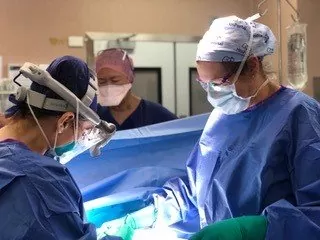
Men: Sex and Intimacy After Surgery
Men can experience erectile dysfunction or shortness of breath during intercourse when they are out of shape, overweight or obese. Obesity in men also leads to low levels of testosterone, which can contribute to lower levels of libido or poor sexual performance. Testosterone is the male hormone needed for both sex drive and fertility. As a result, weight loss surgery can help men restore their testosterone to normal levels.
Further, in a recent study, men reported their sexual function and libido before and after their bariatric procedures. Nearly all the men surveyed reported improvements in their sexual functions after losing weight. Male hormone levels were also recorded, and data demonstrated that hormone levels after weight loss were definitely improved.
Plastic Surgery after Weight Loss Surgery
If you want to learn more about post-bariatric weight loss surgery, contact Dr Carmen Munteanu today. In your first consultation, you can discuss what you can expect from surgery and if it is right for you.
Dr Carmen can also give you information about any necessary post-weight loss procedures including:
- Body Contouring
- Liposuction
- Belt Lipectomy (also known as circumferential abdominoplasty)
- Tummy Tuck – Abdominoplasty
- Brachioplasty/Arm Lift
- Thigh Lift or Reduction
These procedures are often required at the second stage of body reshaping by individuals who have lost a large amount of weight either through diet, exercise or bariatric surgery.
For more information contact the clinic.

